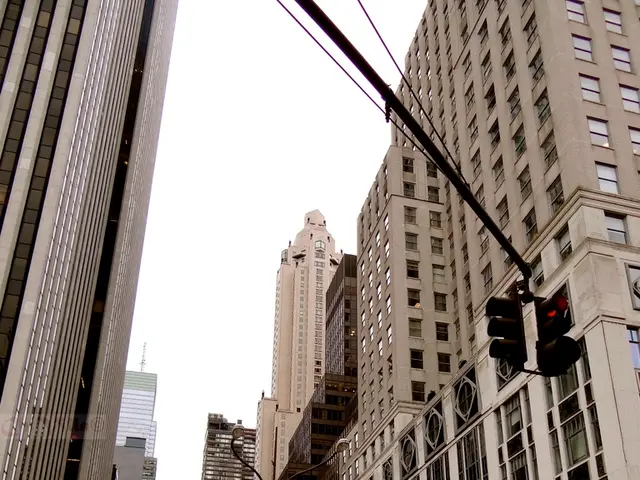Haitian Revolution Leader: Toussaint Louverture, The Former Slave Who Overthrew Napoleon's Rule
In the heart of the Caribbean, in what is now modern-day Haiti, a remarkable story unfolded over two centuries ago. This is the tale of Toussaint Louverture, a man born into slavery in 1743, who would go on to become the architect of Haiti's independence and a symbol of justice and freedom for the oppressed.
Born to an African prince, Louverture learned to read and write from a priest named Simon Baptiste. By the age of 20, he was a well-read, trilingual, skilled horseman, and amateur physician. It was in Saint-Domingue, not in a distant European colony, that Louverture was raised and nurtured.
In 1791, the 'Night of Fire' slave revolt ignited in Saint-Domingue. Louverture, then a slave, joined the insurgency, eventually rising through the ranks to become one of its most influential leaders. His strategic acumen and charisma earned him the trust of the revolutionaries, and he took the name Louverture, meaning 'the one who finds an opening.'
As the revolution gained momentum, Louverture switched alliances from Spain to France after the French Jacobins decided to abolish slavery throughout their territories. However, his negotiations with Napoleon Bonaparte, who sought to re-establish slavery, failed. In 1803, Louverture was arrested and sent to France, where he died in a dungeon in the Alps that same year.
Despite his untimely demise, Louverture's legacy lived on. In 1803, the Republic of Haiti was established, becoming the first independent nation of the Caribbean. It was the only nation in the Western Hemisphere to have defeated three European countries (Britain, France, and Spain), and the only nation in the world established as a result of a successful slave revolt.
However, the road to independence was not without its challenges. In the years following Haitian independence, European countries continued to meddle in Haitian political life, contributing to the country's current status as one of the poorest countries in the world, with 80% of residents living below the poverty line. The Republic of Haiti, despite its historic victory, faced significant economic and political obstacles, including the crippling tax levied by France as the price of its independence.
Today, Toussaint Louverture's name continues to inspire the struggle for justice and freedom among the oppressed. His story serves as a testament to the power of resilience, determination, and the indomitable spirit of the human will. As we remember this extraordinary figure, let us also remember the lessons of Haitian history, and strive for a world where all people can live free and equal.
Read also:
- Federal petition from CEI seeking federal intervention against state climate disclosure laws, alleging these laws negatively impact interstate commerce and surpass constitutional boundaries.
- Duty on cotton imported into India remains unchanged, as U.S. tariffs escalate to their most severe levels yet
- EU imposes 19th round of sanctions against Russia following Trump's conversation with von der Leyen
- Is Trump Authorized to Displace Powell?








